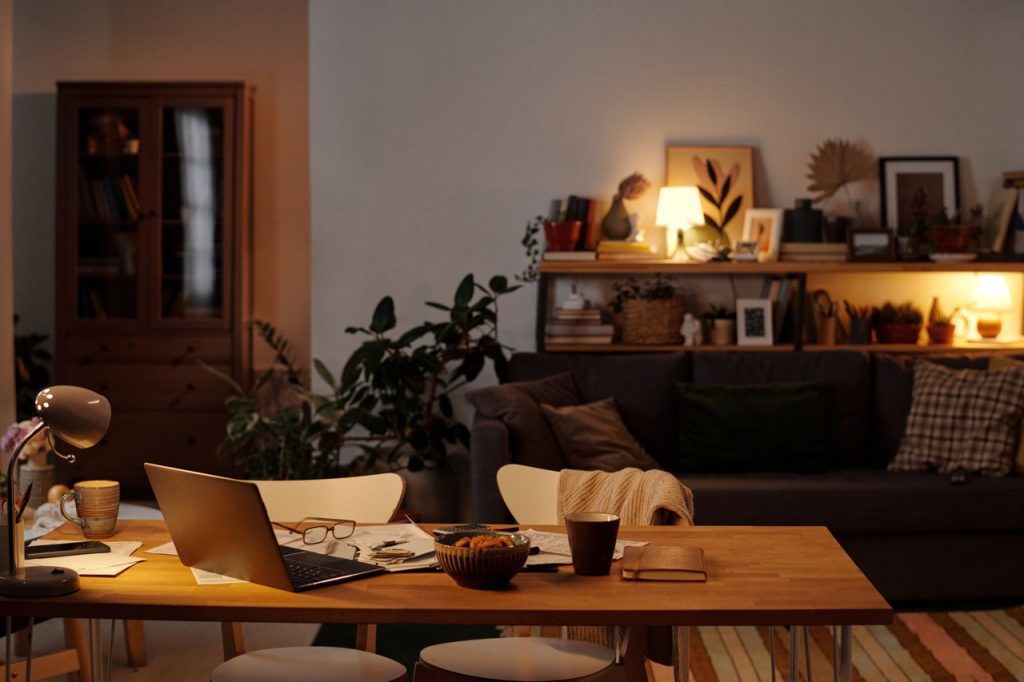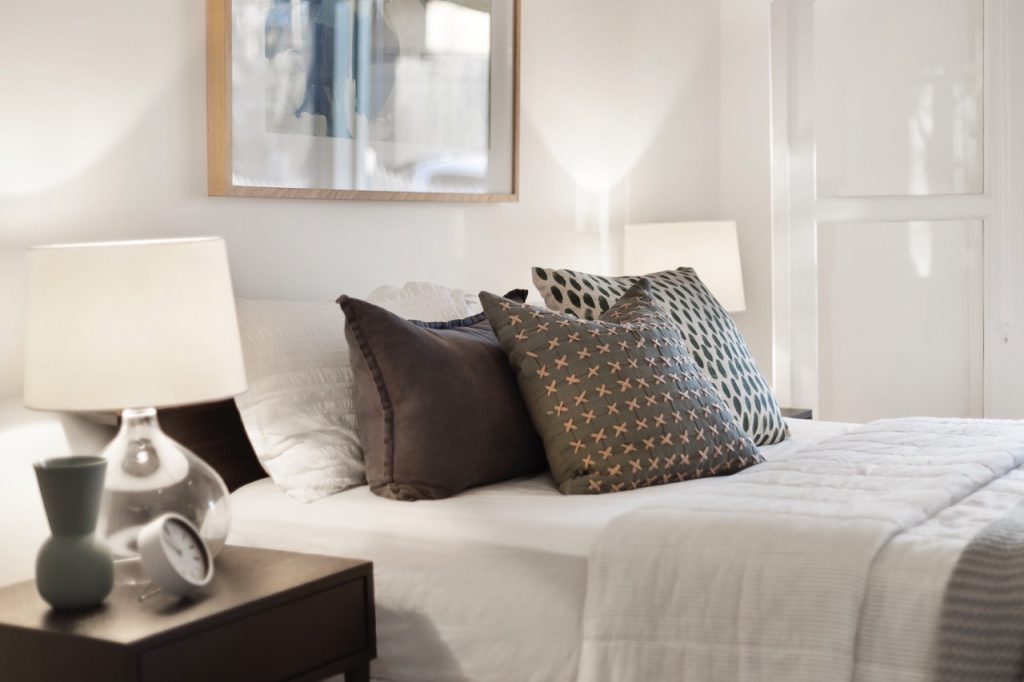Creating a relaxing bedtime routine is essential for achieving a good night’s sleep. Quality sleep not only rejuvenates your body but also enhances your overall well-being. In this guide, we’ll focus on how to set up your home to support a better bedtime routine, emphasising lighting, glassware, showers, and pillows. Whether you’re struggling with sleep or simply looking to optimise your nightly rituals, these tips can help you create a serene environment that fosters restful sleep.
The Importance of a Consistent Bedtime Routine
Creating a consistent bedtime routine signals to your body that it’s time to wind down and prepare for sleep. This routine can help regulate your internal clock, making it easier to fall asleep and wake up at the same time each day. Let’s explore the essential elements of an effective bedtime routine and how to set up your home to support it.
Optimising Lighting for Sleep
Lighting plays a crucial role in regulating your circadian rhythm, the natural sleep-wake cycle. In the evening, your body needs to transition from the bright light of day to the dim light of night. Here are some tips for optimising your bedroom lighting:
Dimming the Lights
About an hour before bedtime, start dimming the lights in your home. Use lamps with warm light bulbs rather than bright overhead lights. Warm light mimics the natural transition from day to night, helping your body produce melatonin, the hormone responsible for sleep.
Avoiding Blue Light
Electronic devices such as smartphones, tablets, and TVs emit blue light, which can interfere with melatonin production. Try to avoid screens at least 30 minutes before bed. If you must use electronic devices, consider using blue light filters or wearing blue light-blocking glasses.
Investing in Smart Lighting
Smart lighting systems allow you to automate your lights according to your bedtime routine. You can set your lights to gradually dim or change colour temperature as bedtime approaches, creating a calming atmosphere.

The Role of Glassware in Your Nightly Routine
The type of glassware you use in the evening can impact your sleep quality. Here are some considerations:
Drinking Water
Staying hydrated is important, but avoid drinking too much water right before bed to prevent nighttime awakenings. Use a glass with a lid or a water bottle to keep water nearby without the risk of spills.
Herbal Teas
Herbal teas, such as chamomile or peppermint, can have a soothing effect. Use a favourite mug to enhance the calming experience. Avoid caffeinated beverages in the evening as they can interfere with your ability to fall asleep.
The Benefits of a Pre-Bed Shower
A warm shower before bed can help you relax and prepare for sleep. The rise and subsequent fall in body temperature can signal to your body that it’s time to sleep. Here’s how to make the most of your pre-bed shower:
Timing Your Shower
Shower about an hour before bed. This timing allows your body temperature to decrease slightly by the time you get into bed, which can promote sleepiness.
Using Relaxing Scents
Incorporate relaxing scents like lavender or eucalyptus into your shower routine. Use scented body wash or essential oils to create a spa-like experience that calms your mind and body.


Choosing the Right Pillow
The pillow you use can significantly impact your sleep quality. The right pillow provides proper support for your head and neck, promoting comfortable and restful sleep. Here are some tips for choosing the perfect pillow:
Considering Your Sleep Position
- Back Sleepers: Opt for a medium-firm pillow that supports the natural curve of your neck.
- Side Sleepers: Choose a firm pillow to keep your head aligned with your spine.
- Stomach Sleepers: A softer pillow can prevent neck strain by allowing your head to sink in slightly.
Exploring Material Options
Memory foam, latex, and down are popular pillow materials. Memory foam and latex offer good support and conform to the shape of your head and neck. Down pillows are softer and more malleable, providing a luxurious feel.
Replacing Your Pillow
Pillows should be replaced every 1-2 years to maintain proper support and hygiene. Over time, pillows can accumulate dust mites, sweat, and oils, which can affect your sleep quality.

Putting It All Together
Creating the perfect bedtime routine involves a combination of optimising your environment and incorporating relaxing activities. Here’s a sample routine to help you get started:
- Dim the Lights: About an hour before bed, start dimming the lights in your home.
- Avoid Screens: Put away electronic devices at least 30 minutes before bed.
- Enjoy a Soothing Beverage: Sip on a cup of herbal tea in a comforting mug.
- Take a Warm Shower: Shower about an hour before bed, using relaxing scents.
- Prepare Your Bed: Ensure your pillow and bedding are comfortable and supportive.
By incorporating these elements into your bedtime routine, you can create a tranquil environment in your home that promotes restful sleep. Remember, consistency is key. Stick to your routine, and over time, you’ll likely notice improvements in your sleep quality and overall well-being.



